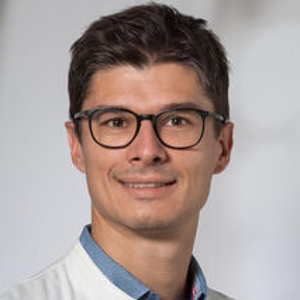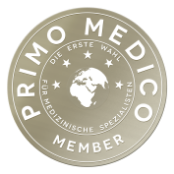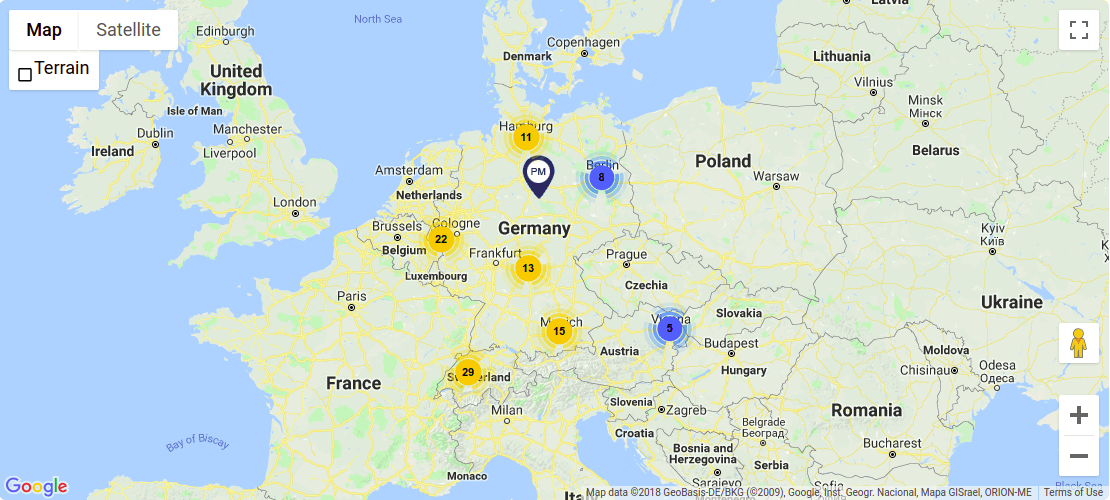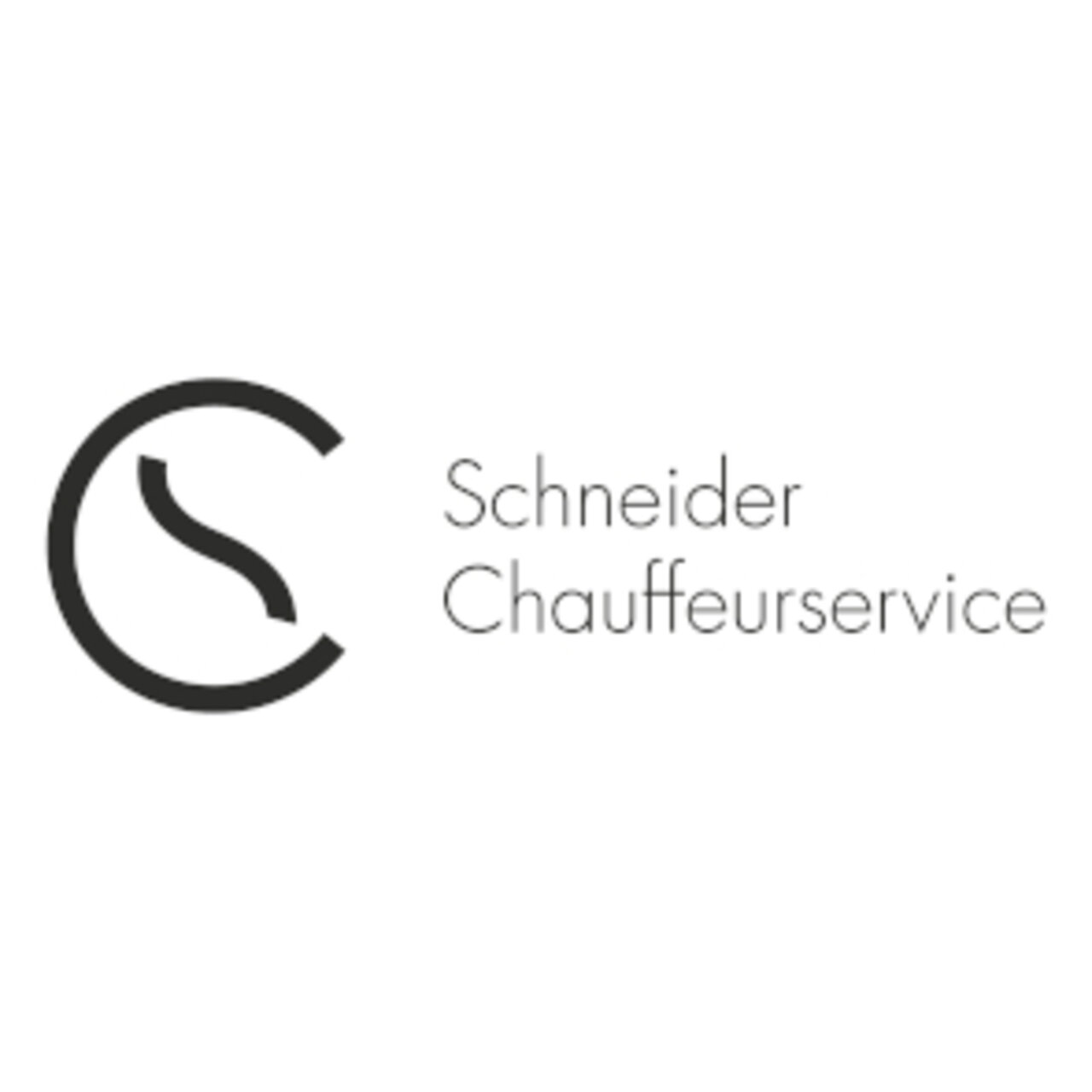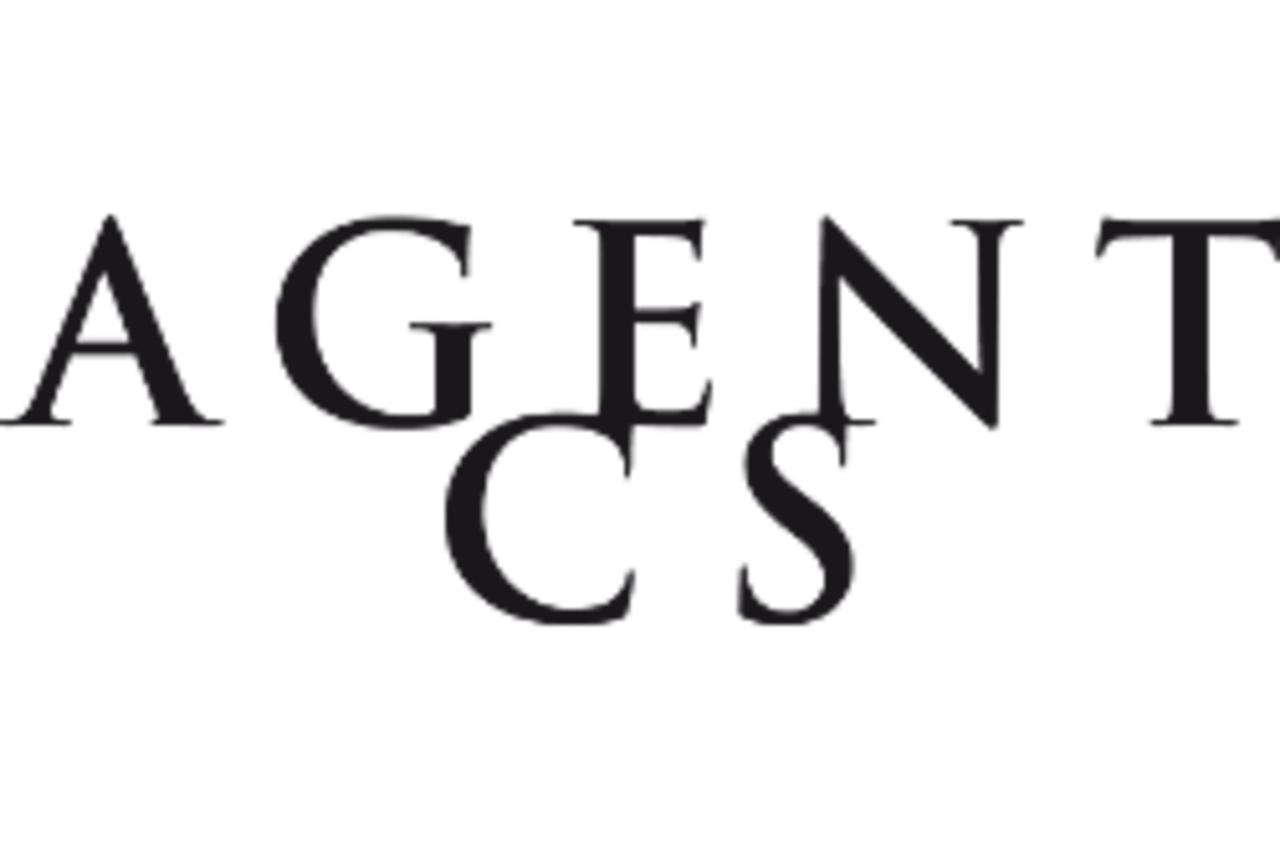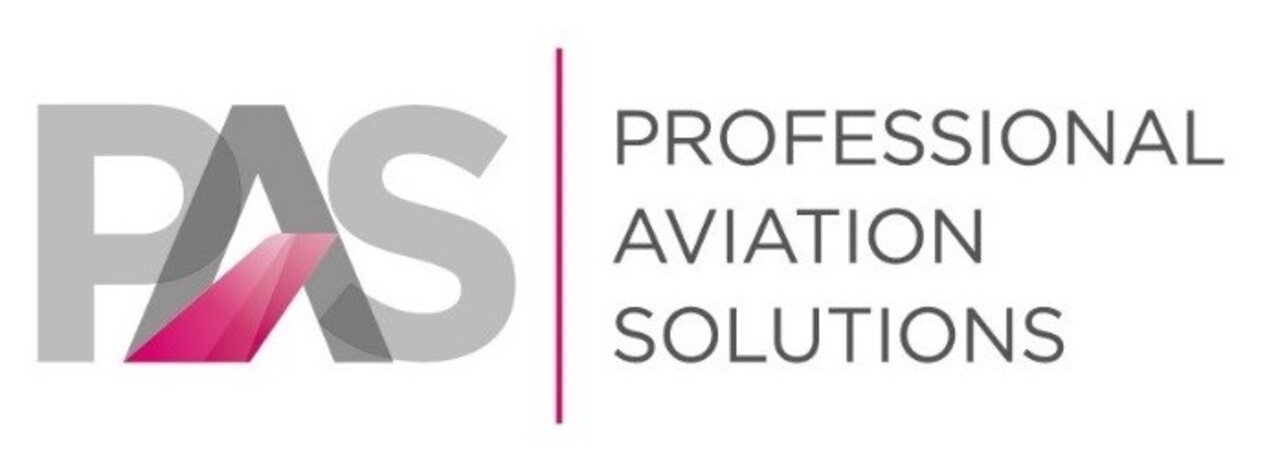Heart Specialist Heidelberg (Baden-Württemberg): Prof. Dr Patrick Lugenbiel
Treatment focus
- Ablation for cardiac arrhythmias (sinus node dysfunction, supraventricular tachycardia, extrasystole, ventricular tachycardia)
- Ablation for atrial fibrillation
- Implantation of defibrillators
- Implantation of pacemakers
- Cardiac resynchronization therapy
Contact
Heidelberg University Hospital
Heidelberg Center for Heart Rhythm Disorders (HCR)
Im Neuenheimer Feld 410, D-69120 Heidelberg
P: +49 6221 773 3128 F: +49 6221 56 8612
Consultation Hours:
By telephone arrangement

Medical Range
Range of Diagnostic Services
- Diagnostics and advice on treatment options for cardiac arrhythmias
- Diagnostic electrophysiological examination
Range of Therapeutic Services
HCR Outpatient Clinic:
- Monitoring of pacemaker, ICD, and CRT-D/-P systems, especially complex cases (e.g., individual treatment planning, questions about probe revision, CRT optimization/upgrade, multimodal connection of patients with severe heart failure, programming optimization)
- Telemedical connection of patients with probes/aggregates affected by recalls
- ECG and blood pressure monitoring
Invasive Electrophysiology:
- Catheter ablation using the latest high-resolution mapping methods (conventional/3D electroanatomical using CARTO®) for cardiac arrhythmias
- Supraventricular tachycardia (typical and atypical atrial flutter, AVNRT, AVRT/WPW, atrial tachycardia, SVES)
- Atrial fibrillation (pulmonary vein isolation using pulsed-field ablation, cryoballoon ablation, or radiofrequency ablation)
- Ventricular extrasystole and ventricular tachycardia/" electrical storm" (both endo- and epicardial ablation)
- Stereotactic radiation therapy (SBRT) for refractory ventricular arrhythmias (in exceptional cases)
Implantable cardiac devices:
- Implantation of pacemakers and defibrillators
- Cardiac resynchronization therapy (CRT-D/-P)
- "His-bundle pacing"
- "Leadless pacing" (wireless pacemaker, VVI, VDD)
- Implantation of subcutaneous ICDs (S-ICDs)
- Implantable event recorders (ILR)
More Information
Card
Prof. Dr Patrick Lugenbiel is a specialist in cardiac arrhythmias and head of the Heidelberg Center for Heart Rhythm Disorders at Heidelberg University Hospital.
The center, under the direction of Prof. Lugenbiel, offers optimal conditions for interdisciplinary treatment to patients with complex cardiac arrhythmias. The center's range of services extends from competent consultation and non-invasive examination methods to modern invasive examination and treatment techniques focusing on catheter ablation of cardiac arrhythmias and the implantation of pacemakers and defibrillators.
Many Years of Experience in the Treatment of Cardiac Arrhythmias
Serious consequences can arise if the heart's electrical excitation pattern is disrupted. This is because the electrical excitation contracts the heart muscle and the resulting supply of oxygen-rich blood to the body. Electrical impulses enter the heart muscle, causing the atria and ventricles to contract evenly and rhythmically. Pathological changes within the excitation conduction system can cause dizziness, palpitations, fatigue, shortness of breath, and even unconsciousness.
Prof. Dr Lugenbiel's team advises and treats patients with cardiac arrhythmia with high expertise and experience. The specialists at the Heidelberg University Hospital carry out professional cardiological diagnostics to determine the cause of the symptoms.
Much time is devoted to patients during consultation hours to prepare an individual treatment plan. Experienced physicians treat complex cardiac arrhythmias at the highest level, whereby great importance is attached to interdisciplinary cooperation between different specialties.
A treatment plan and any necessary procedures are planned as part of the expert consultation. Aftercare is also provided by Dr. Lugenbiel's experienced team at the highest level. This can significantly improve the patient's quality of life.
State-of-the-Art Diagnostic and Therapeutic Methods for Palpitations and Extrasystole
Palpitations and extrasystole can initially be very frightening for the person affected. The cause is extrasystoles, which are heartbeats that occur outside the normal heart rhythm. Usually, they have no pathological value, but in a few exceptions, the occurrence of extrasystoles can be the first indication of structural heart disease. Therefore, a cardiologist should be consulted if palpitations and extrasystole occur frequently.
Extra beats can be caused by tiredness or electrolyte imbalances, which can be caused by exercise or alcohol consumption, for example. Heavy caffeine consumption or tension can also contribute to palpitations and palpitations.
The cardiologists in Heidelberg use state-of-the-art diagnostic procedures such as the electrocardiogram, stress ECG, and cardiac echography for cardiological clarification. In most cases, further examinations are inconspicuous, so treatment of the extrasystoles is unnecessary. If the occurrence of the extra beats is perceived as very stressful and disturbing by those affected, temporary drug treatment with antiarrhythmic medication can provide relief.
Atrial Fibrillation: Treatment with Catheter Ablation
Atrial fibrillation is the most common cardiac arrhythmia in Germany. Symptoms include the palpitations described above, dizziness, significantly reduced performance, and fatigue.
After primary cardiological diagnosis, an attempt can also be made to treat this with medication. However, the cause of atrial fibrillation can only be eliminated using catheter ablation. Sclerotherapy of the triggering area in the heart muscle has proven to be one of the most reliable treatment methods for the disease. As part of a short inpatient stay, Dr Lugenbiel's team carries out an interventional procedure via the inguinal veins. In this way, the heart's areas that send false electrical signals can be scarred using heat or cold. Various procedures are available for this at Heidelberg University Hospital.
Implantation of Pacemakers and Defibrillators
Cardiac arrhythmias can be life-threatening. If ventricular fibrillation or sudden cardiac arrest occurs, pacemakers and defibrillators can save lives. For this reason, early treatment and the prompt implantation of a pacemaker or defibrillator are essential.
The device monitors the heart rhythm and can deliver an impulse to normalize the heart rhythm again in life-threatening situations. Pacemakers are primarily used for slow arrhythmias. Defibrillators, on the other hand, can also normalize the heart rhythm in tachycardia, i.e., a heartbeat that is too fast, as well as in ventricular fibrillation and ventricular flutter.
Up-to-date devices can register the patient's activity so that a frequency-regulated reaction can take place, for example, during exercise. The procedure may be necessary for patients with congenital or acquired heart disease with impaired pumping function or coronary heart disease.
The patients must be identified as part of cardiological diagnostics to prevent life-threatening emergencies. The devices are implanted in a minor procedure under local anesthesia. The necessary electrodes are inserted via the inguinal veins to the heart.
The pulse generator is implanted under the skin in the chest area. The type of device used depends on the type of arrhythmia and is explained in detail by Dr Lugenbiel's team in advance.
Treating Heart Failure: Cardiac Resynchronization Therapy (CRT)
In certain forms of heart failure, the heart walls no longer contract synchronously. This delayed contraction of the left and right ventricles leads to a lowered heart pumping capacity, which can manifest in reduced performance, fatigue, or shortness of breath.
The cardiology team uses ECG examinations, cardiac echography, or cardiac MRI for diagnosis. During the special consultation hours, the cardiologists at Heidelberg University Hospital explain the possibilities and procedures of cardiac resynchronization therapy. As part of the treatment, special pacemakers or defibrillators can synchronize the contraction of both ventricles.
Curriculum Vitae
| since 2019 | Senior Physician, Internal Medicine III, Medical Clinic, Heidelberg University Hospital |
| 2019 | Habilitation in Internal Medicine |
| 2018 | Acting Senior Physician for Invasive Electrophysiology |
| 2018 | Additional Title Invasive Electrophysiology (DGK) |
| 2017 | Specialist in Cardiology |
| 2014 | Specialist in Internal Medicine |
| since 2010 | Laboratory for Molecular and Translational Electrophysiology, Heidelberg University Hospital |
| since 2009 | Assistant Physician, Clinic for Cardiology, Angiology, and Pneumology (Internal Medicine III) Heidelberg University Hospital |
| 2008 | Doctorate: University of Heidelberg, Medical Faculty Mannheim |
| 2004 – 2008 | University of Heidelberg, Medical Faculty Mannheim |
| 2002 – 2004 | University of Saarland |
Team
- Prof. Dr Dierk Thomas
Representative Management - Prof. Dr Ziya Kaya
Senior Physician - PD Dr Ann-Kathrin Rahm, MME
Senior Physician - Prof. Dr Constanze Schmidt, FESC, FEHRA
Senior Physician - Prof. Dr Patrick Schweizer
Senior Physician - Prof. Dr Tobias Täger
Senior Physician - Dr Panagiotis Xynogalos
Senior Physician - Prof. Dr Edgar Zitron
Senior Physician - PD Dr Maura Magdalena Zylla
Senior Physician - Dr Zoltán Gál
Acting Senior Physician - PD Dr Felix Wiedmann
Medical Specialist - Dr Christine Mages
Assistant Physician - Dr Mara Müller
Assistant Physician - Dr Pascal Syren
Assistant Physician
Transport Connections
| Heidelberg Main Station | 2 km |
| Frankfurt/Main Airport | 80 km |
| Stuttgart Airport | 130 km |
Information about Heidelberg
The city in Baden-Württemberg is located at the transition of the Upper Rhine Plain to the Odenwald Neckar Valley in the Electoral Palatinate on the Neckar River. The historically significant old town, the Neckar River, the world-famous Heidelberg Castle, and the Königsstuhl mountain form a unique cityscape. Heidelberg is internationally known simply because of its university, founded in 1386, and is the oldest in Germany and its old town. Even today, it remains a world-renowned center of science and business. In this respect, it marks the center of the Rhine-Neckar region.

